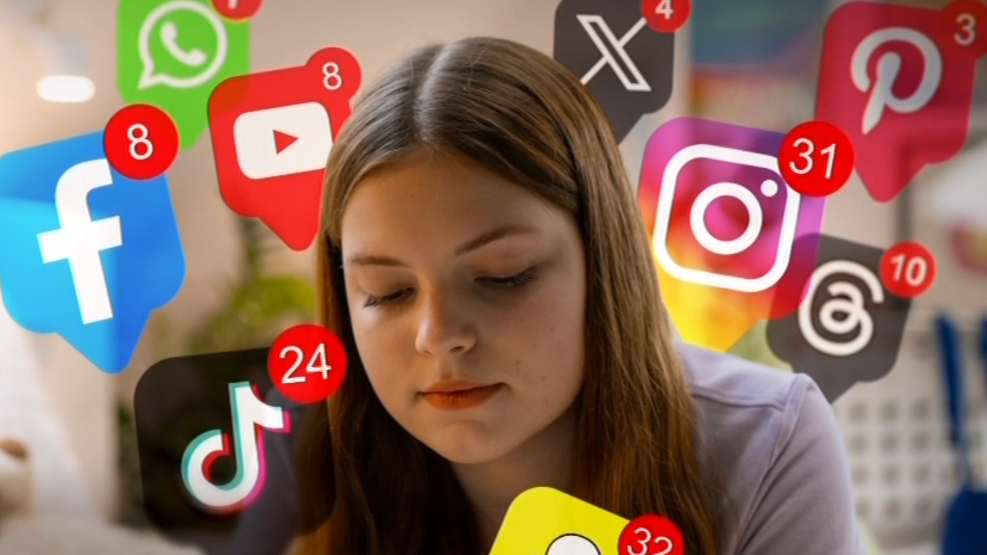
New research indicates that social media usage among Australian children has surged dramatically since the onset of the COVID-19 pandemic. A study conducted by the University of South Australia reveals that the proportion of students aged 11 to 14 engaging with social media daily has skyrocketed from 26 percent prior to the pandemic to an alarming 85 percent by 2022. This increase, described by authorities as a “perfect storm,” raises concerns about the impact on young people’s development.
According to the study, which analyzed the behaviors of more than 14,000 students, the pandemic’s lockdowns and social distancing measures created an environment where children found escape and connection primarily through digital platforms. Blair Boyer, South Australia’s Education Minister, expressed concern over the dependence on technology, stating, “We have allowed a generation of young people to be the guinea pigs for this technology.”
The data highlights a significant shift in leisure activities among children. Traditional pastimes such as arts participation and recreational reading have seen a marked decline. The percentage of children who have never participated in arts activities jumped from 26 percent to 70 percent, while those who have never picked up a book increased from 11 percent to 53 percent. Boyer pointed out that the surge in social media usage is troubling: “To see these figures show that big explosion in those using it is not a good thing.”
As the government prepares to implement new regulations aimed at restricting children’s access to social media, researchers suggest that a shift in habits may be on the horizon. These new laws are intended not only to limit screen time but also to encourage children to engage with the world beyond their devices. Experts caution, however, that reducing social media usage does not automatically translate to increased productivity or engagement in more meaningful activities.
One parent encapsulated the struggle many families face today: “I know I’m addicted, but I don’t want my kids to be.” This sentiment captures the anxiety surrounding the growing reliance on social media among young people and the desire for a healthier balance in their lives.
The findings from the University of South Australia study serve as a stark reminder of the rapid changes in children’s lifestyles over the past few years. As the impact of social media becomes increasingly evident, discussions regarding the role of technology in education and childhood development are likely to intensify.






